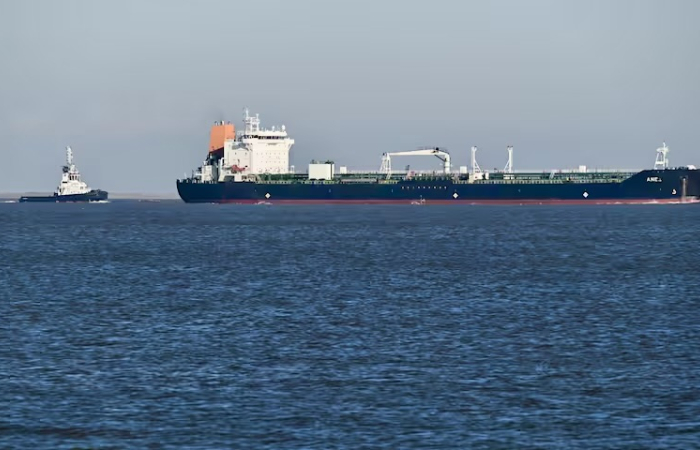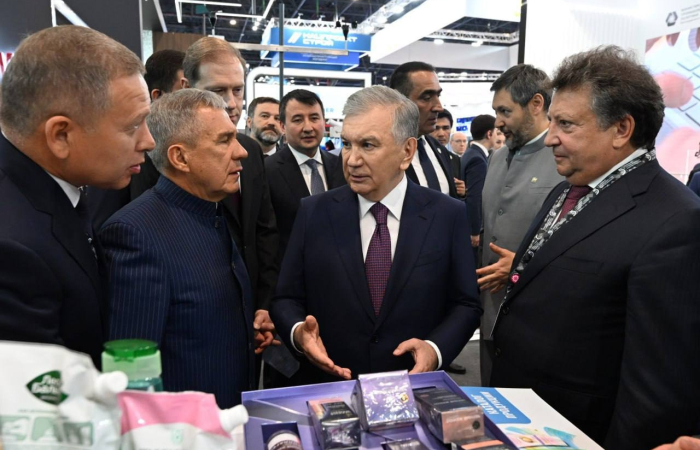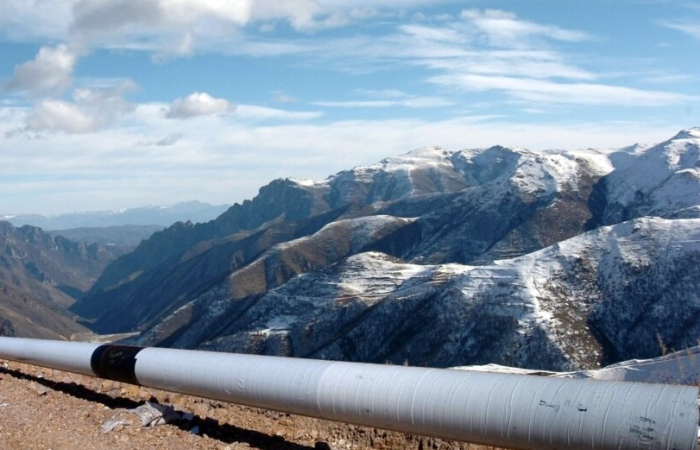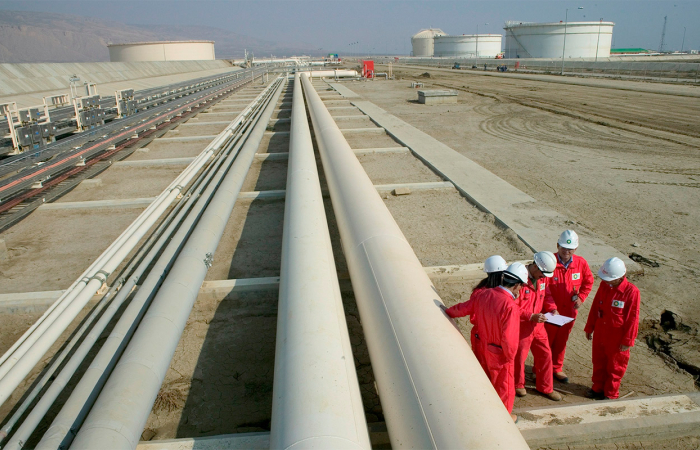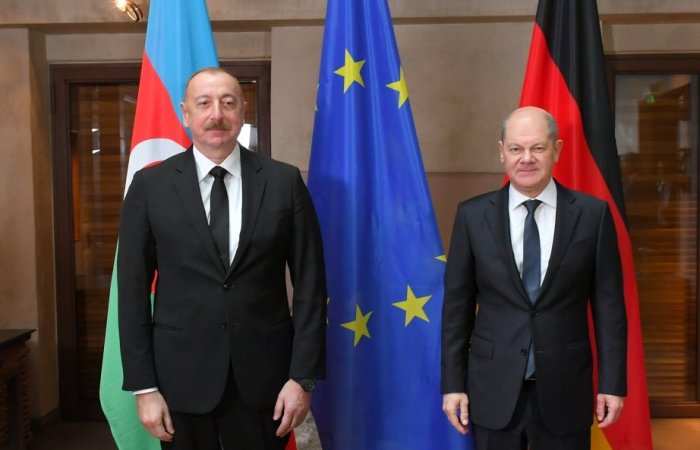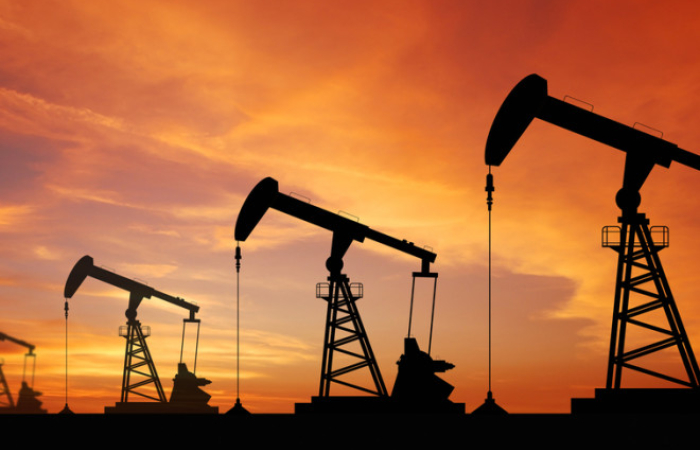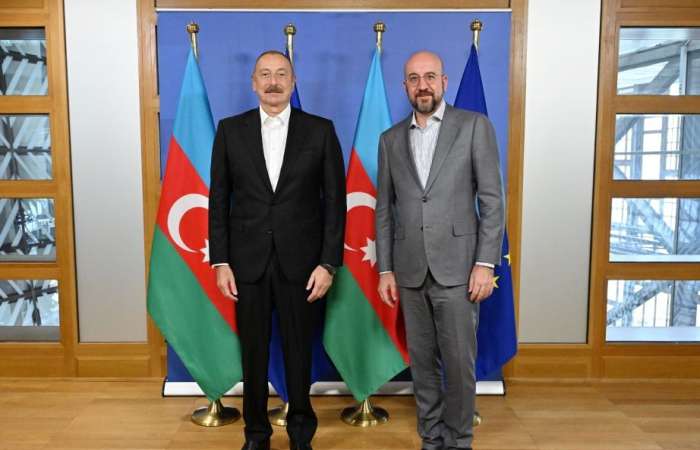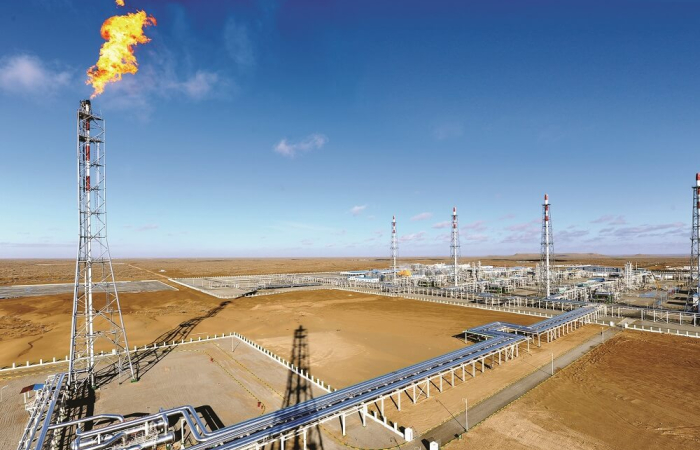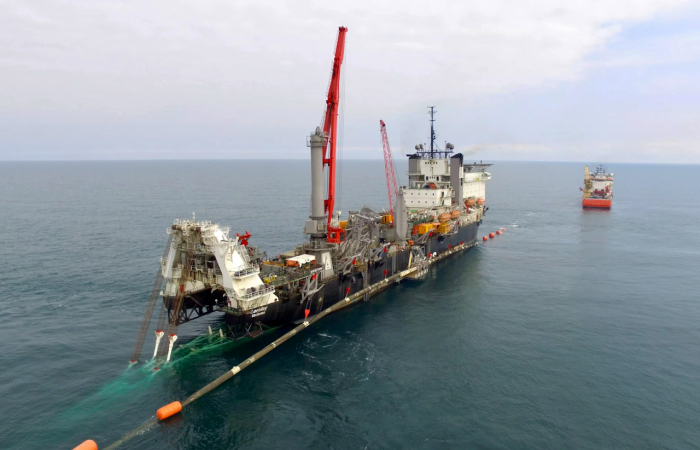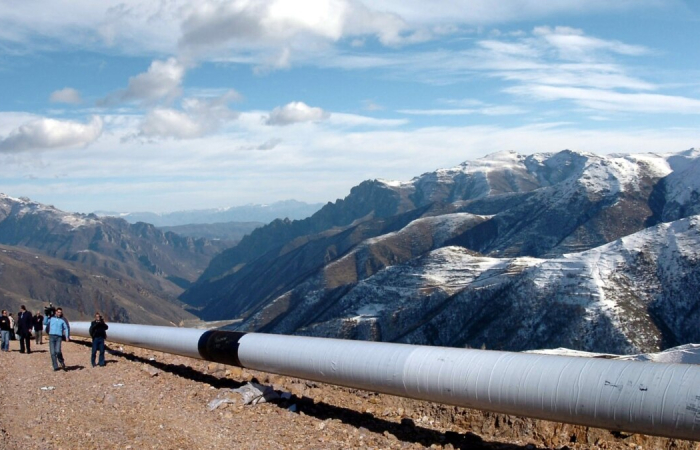Editor's choice
This is a members’ functionality. Please
Sign upNews
Trending
Oil markets jittery after Israel rejects Gaza ceasefire
9 February 2024
Oil prices were little changed on Friday, staying on track for weekly gains, but the markets remained jittery with tensions persisting in the Middle East after Israel rejected a ceasefire offer from Hamas, according to Reuters.
Brent crude futures slipped 1 cent to $81.62 a barrel by 6:34 a.m. Saudi time, while US West Texas Intermediate crude futures rose 3 cents to $76.25 a barrel.
Both benchmarks rose about 3 percent in the previous session as Israeli forces bombed the southern border city of Rafah on Thursday after Prime Minister Benjamin Netanyahu rejected a proposal to end the war in the Palestinian enclave.
The tensions have kept oil prices elevated, with Brent and WTI both set to gain more than 5 percent for the week.
“The move yesterday seemed a bit excessive on the back of not very much at least in terms of fundamentals,” ING’s head of commodities research Warren Patterson said.
“I still expect the rangebound trading that we have become accustomed to recently will continue given the comfortable oil balance.”
US officials made their most pointed criticism so far of Israel’s civilian casualties in Gaza as it turned the focus of its offensive to Rafah.
A Hamas delegation arrived in Cairo on Thursday for ceasefire talks with mediators Egypt and Qatar.
While the conflict has propped up prices, there has been no impact on oil production.
Non-Organization of the Petroleum Exporting Countries output from Norway and Guyana is increasing while Russia is exporting more crude in February than it planned following a combination of drone attacks and technical outages at its refineries that could undermine its pledge to curb sales under a pact from OPEC and its allies, known as OPEC+
Under the deal, Russia committed to capping crude output at 9.5 million barrels per day. It is also voluntarily cutting crude exports by 300,000 bpd and fuel exports by 200,000 bpd from the average May-June level.



